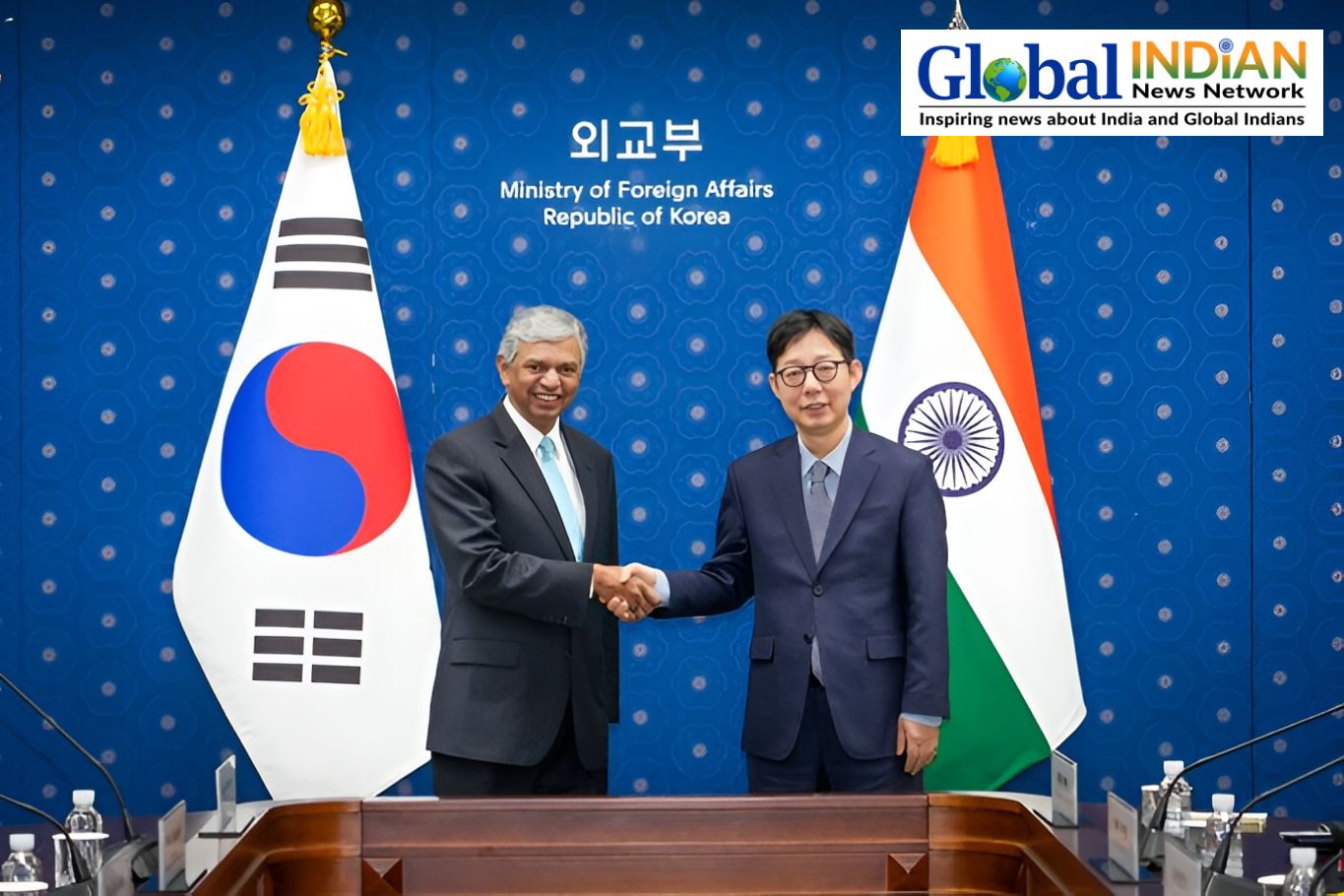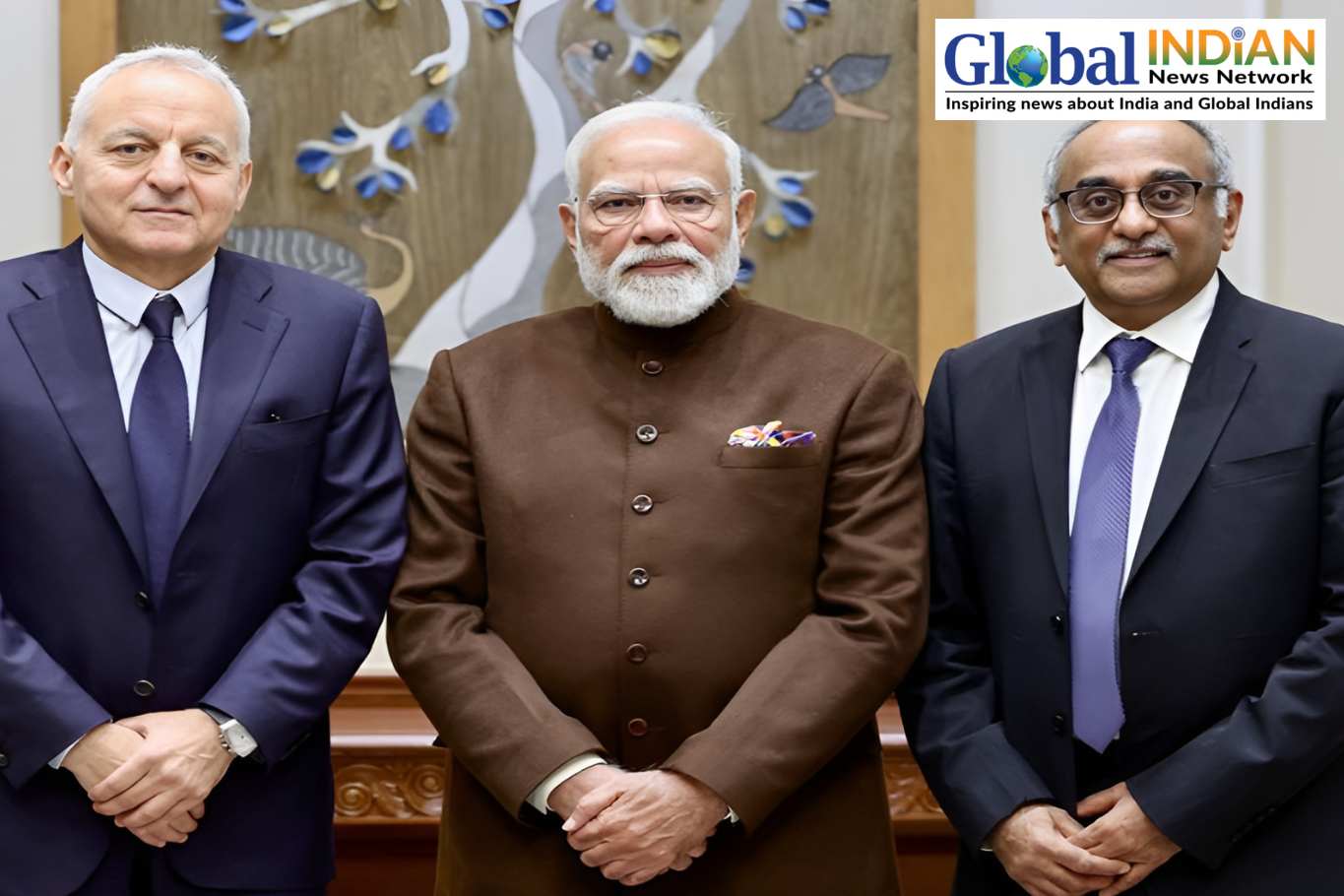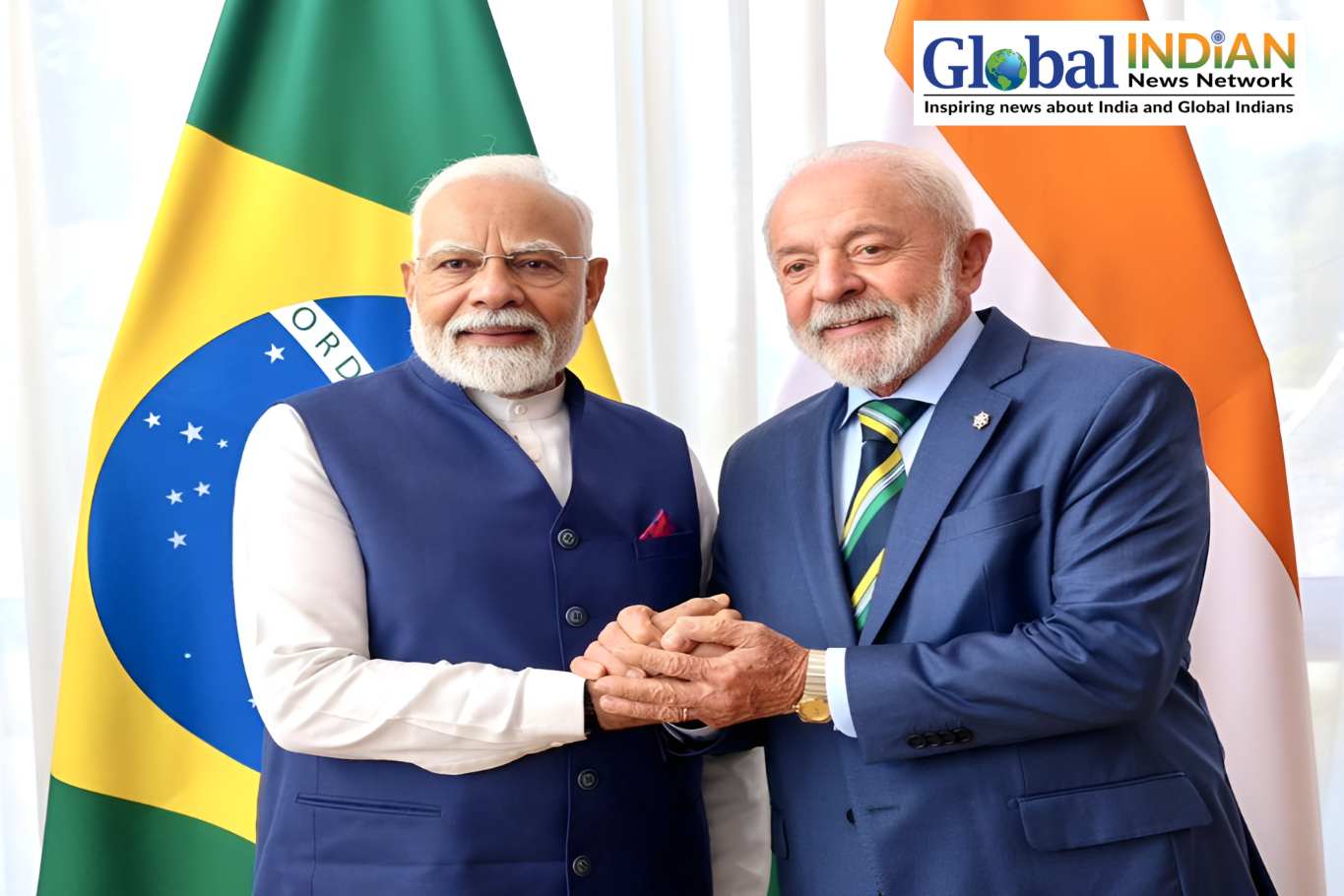
At a recent UN Security Council meeting in New York, India advocated for the application of global anti-terrorism treaties to the cyber domain. This meeting, held on June 20, 2024, focused on evolving threats in cyberspace under the agenda item “Maintenance of International Peace and Security.”
During the session, India’s representative highlighted the inadequacies of current international law in addressing cyberattacks. Citing India’s long-standing experience as a victim of terrorism, the representative emphasized the grave nature of cyberterrorism. India proposed that cyber threats, including attacks on critical infrastructure, information and financial systems, and government networks, should be classified as terror attacks due to their potential to jeopardize national security and global stability. The representative noted the use of cyberspace by terrorists for violence, radicalizing youth, and securing funding through virtual assets and cryptocurrencies.
The representative also discussed the prevalence of cybercrimes such as cryptocurrency heists, data hijacking, deep fakes, and misinformation, noting that artificial intelligence could exacerbate these issues. The integrity and security of ICT products, which underpin cyberspace, are being compromised by such activities, undermining trust in global ICT supply chains and creating potential conflicts between states. The representative pointed out that these acts are perpetrated by both state and non-state actors, as well as transnational crime networks.
India called for global cooperation to harmonize cybersecurity standards, best practices, and regulations. The representative emphasized the need for multi-stakeholder collaboration to address emerging cyber threats effectively.
UN Secretary-General António Guterres highlighted the upcoming ‘Summit of the Future’ in September, which aims to support international peace and security in cyberspace. He noted that Chapter 2 of the resulting Pact will focus on safeguarding critical infrastructure against harmful ICT practices and enhancing accountability for data-driven technologies, including AI. A High-Level Advisory Body on Artificial Intelligence is also finalizing a report on best practices for AI governance.
Additionally, the 2023 “New Agenda for Peace” calls for states to prevent conflicts in cyberspace. Guterres stressed the importance of applying the rule of law to the digital realm as in the physical world.
Guterres briefly mentioned the ongoing discussions by the UN Ad-Hoc Committee on creating an international convention to tackle cybercrime. India has been actively involved in these discussions and has proposed using a ‘24×7 global communication network’ to combat phishing attacks. This network would allow law enforcement agencies to quickly render phishing links inaccessible and identify malicious actors. Information exchange between global law enforcement agencies would facilitate prompt action in accordance with domestic laws.









